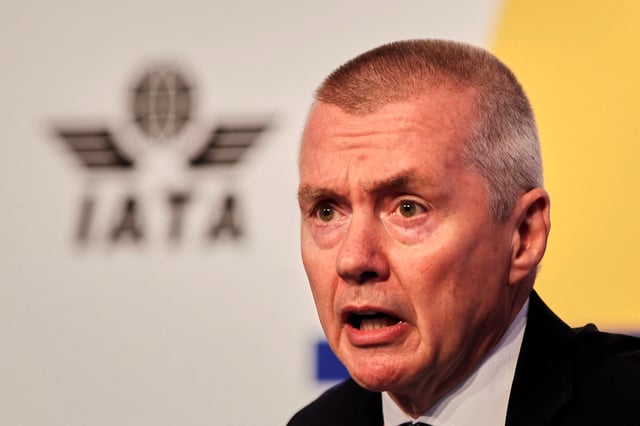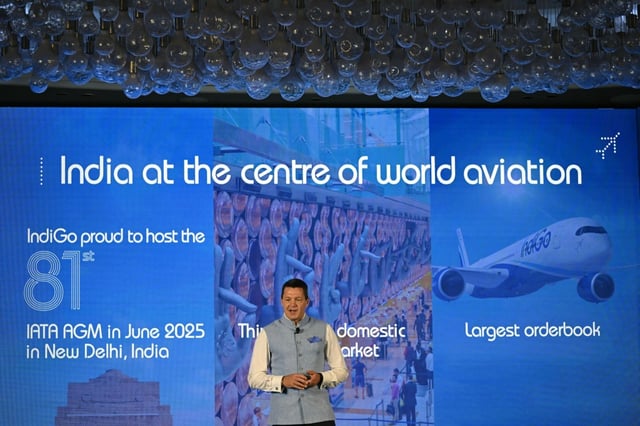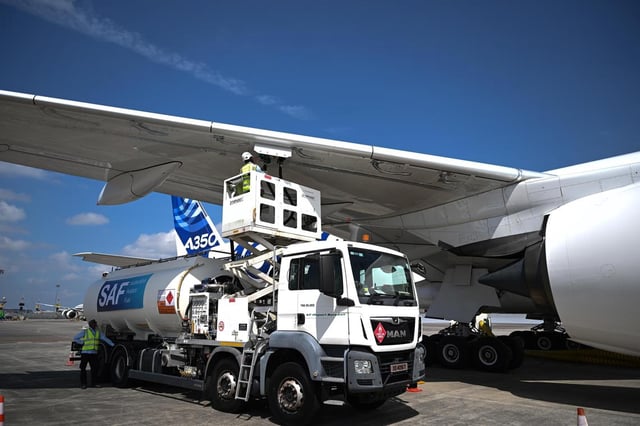Overview
- Marie Owens Thomsen cautioned that leaders favouring fossil fuels and policy rollbacks are imperilling the industry’s net-zero emissions goal for 2050.
- IATA projects global SAF output will double to about 2.5 billion litres in 2025, yet this will satisfy only 0.7% of total aviation fuel demand.
- SAF costs remain three to four times higher than conventional jet fuel, reducing airlines’ incentive in the face of low oil prices.
- EU rules require carriers to blend 2% SAF this year, rising to 6% by 2030 and 70% by 2050 to accelerate fuel transition.
- IATA estimates $4.7 trillion in investment is needed to build sufficient SAF capacity, and suggests redirecting $1 trillion in annual oil subsidies could hasten the energy transition.


